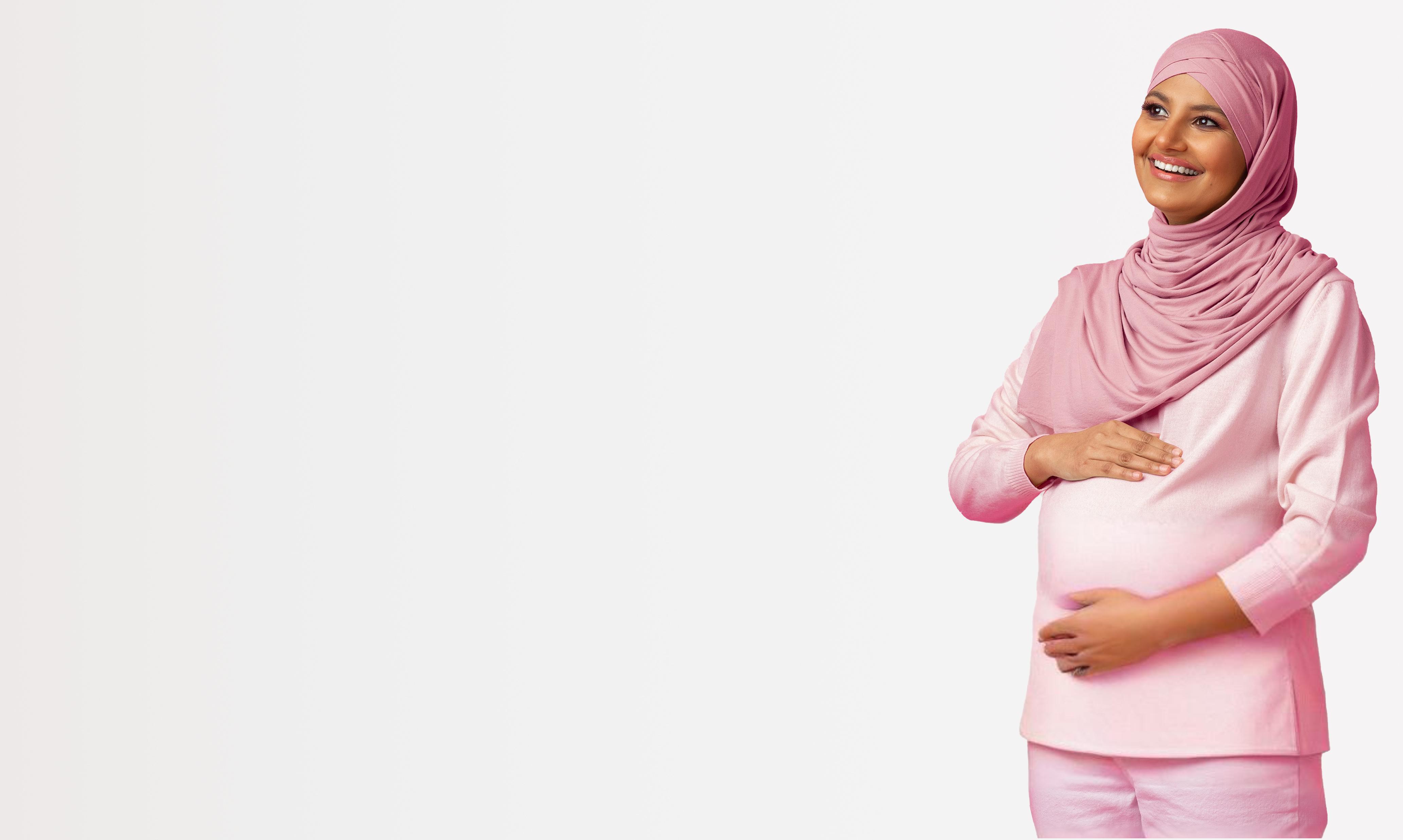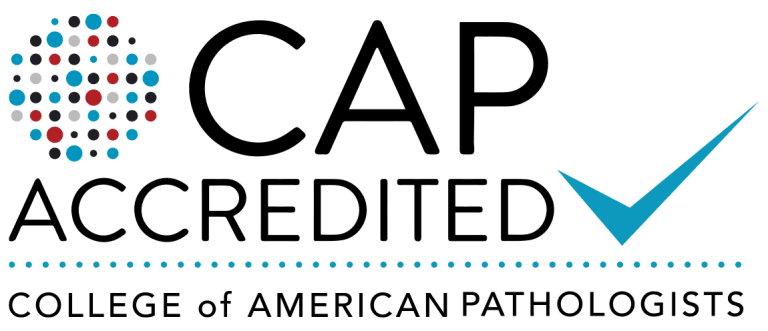Test Options
Advantages
Accurate
Over 99% sensitivity for trisomy 21, 18 and 13.
Safe
Only maternal peripheral blood is needed, no risk to mother or fetus.
Trusted
Over 15,000,000 samples processed worldwide.
Comprehensive
NIFTY-Pro detects over 100 genetic conditions.
Early
Screen as early as the 10th week of pregnancy.
Quick
TAT as fast as 5 working days.
(The delivery time may vary due to different service forms, please refer to the actual situation)
(The delivery time may vary due to different service forms, please refer to the actual situation)
NIFTY and NIFTY-Pro has completed large-scale validation.
| Chromosome abnormalities | Sensitivity (95%CI) | Specificity (95%CI) | PPV (%) |
|---|---|---|---|
| Common Trisomies | 99.02% (98.38%-99.66%) | 99.86% (99.84%-99.88%) | 85.27% |
| T21 | 99.17% (98.52%-99.83%) | 99.95% (99.93%-99.96%) | 92.19% |
| T18 | 98.24% (94.93%-99.63%) | 99.55% (99.33%-99.96%) | 76.61% |
| T13 | 100.00% (84.56%-100.00%) | 99.96% (99.95%-99.97%) | 32.84% |
| SCAs | 100.00% (90.59%-100.00%) | 99.90% (99.85%-99.94%) | 68.12% |
| RATs | 100.00% (19.79%-100.00%) | 99.88% (99.82%-99.92%) | 6.67% |
| CNVs | 100.00% (74.65%-100.00%) | 99.94% (99.89%-99.97%) | 51.72% |
| < 10Mb | 100.00% (59.77%-100.00%) | 99.86% (99.93%-99.98%) | 50.00% |
| ≥ 10Mb | 100.00% (56.09%-100.00%) | 99.97% (99.94%-99.99%) | 53.85% |
Note: The data in the table comes from historical literature and only reflects the test results at the time of the studies. In actual applications, deviations may occur due to factors such as the population and sample. They are for reference only and do not represent promised values.
Sample Requirements
| Sample Type | Quantity | Requirements | Shipment |
|---|---|---|---|
| Maternal peripheral blood | 6-10mL | Using authorised cell-free DNA blood collection tubes | Stored and shipped between 6–35°C within 4 days. Keep the tubes upright during shipping |
| Plasma | 1.8mL | Plasma separation needs to be completed within 96 hours | Stored and shipped in no higher than -20°C within 7 days |
Workflow
1. Conduct pre-test genetic counseling and ensure patient provides informed consent for test
2. Discuss and fill in the NIFTY Consent Form/Test Request Form with the patient
3. Conduct blood draw
4. Send a digital copy of sample information sheet to BION
5. Arrange collection of blood sample with courier
6. Send Consent Form/Test Request Form with blood sample to BION Laboratory
7. Receive results in 5-7 working days
8. Conduct post-test genetic counseling and provide guidance advice as required
The test is suitable for
- Women who would like to avoid miscarriage risk following invasive prenatal testing.
- History of a prior pregnancy with a chromosomal abnormality.
- Down syndrome screening indicating an increased risk of abnormalities.
- Pregnancy following IVF or history of recurrent miscarriage.
- A pregnant woman who wishes to have a highly accurate result on whether her baby has Down syndrome.
- Any age of pregnant women from 10 weeks gestation.





